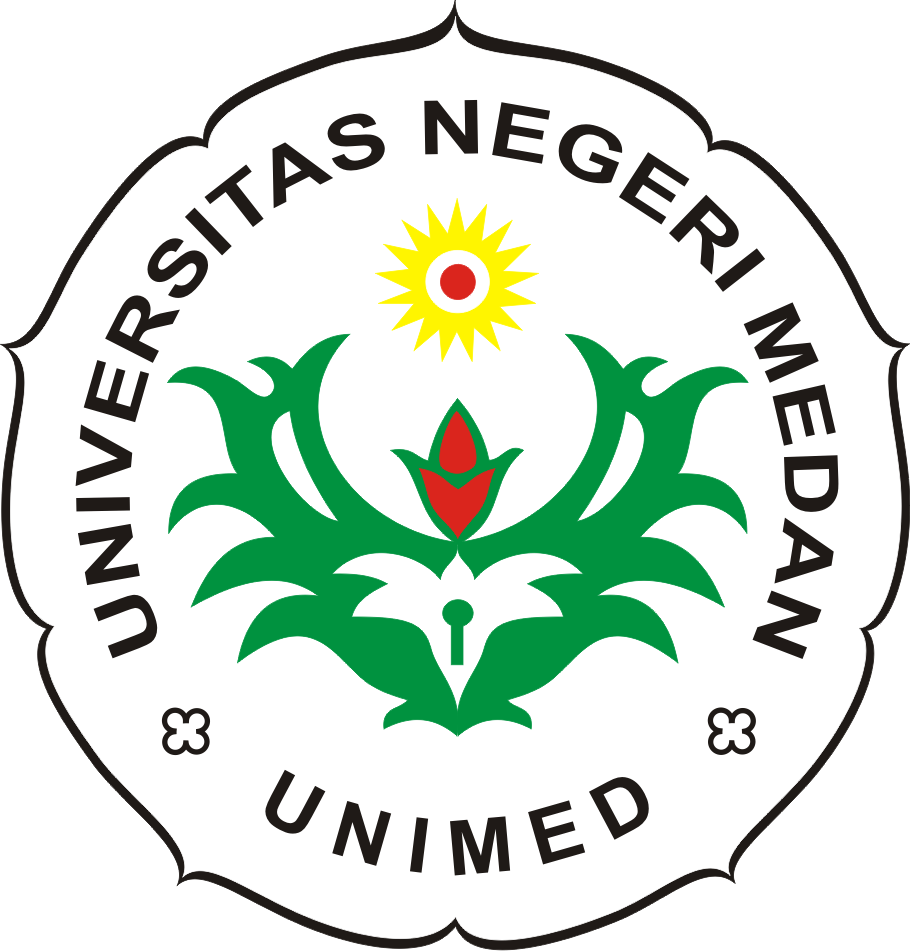IMPROVING STUDENTS™ VOCABULARY ACHIEVEMENT IN READING RECOUNT TEXT THROUGH ANAGRAM TECHNIQUE
DOI:
https://doi.org/10.24114/reg.v3i1.1047Abstract
This study concerns with improving students vocabulary achievement in reading recount text through anagram technique. The objective was to investigate improvement of students™ achievement in vocabulary by applying anagram technique. This research was conducted by using action research method. The subject of the study was grade VIII students of SMP SWASTA PEMBANGUNAN GALANG totalling to 29 students. They were taught vocabulary by anagram technique. The instruments for collecting data were quantitative data and qualitative data (observation sheet and questionnaire sheet). Based on the test score of quantitative data, students™ score kept improving in every evaluation. In the orientation test the mean was 43, 2, in the cycle I test the mean was 55, 6. In the cycle II test the mean was 67.2. The percentage of orientation test was 10, 34%, cycle I test was 24, 13% and cycle II test was 86, 20%. The finding of the research showed that applying anagram technique significantly improved students™ vocabulary achievement. The qualitative data show that the students were more interested and motivated on vocabulary achievement through anagram. It is suggested that teachers should apply anagram technique as one of methods to improve students™ achievement in vocabulary.Downloads
Published
Issue
Section
License
Authors who publish with this journal agree with the following terms:
- Authors retain copyright and grant the journal right of first publication with the work simultaneously licensed under a Creative Commons Attribution License that allows others to share the work with an acknowledgment of the work's authorship and initial publication in this journal.
- Authors are able to enter into separate, additional contractual arrangements for the non-exclusive distribution of the journal's published version of the work (e.g., post it to an institutional repository or publish it in a book), with an acknowledgement of its initial publication in this journal.
- Authors are permitted and encouraged to post their work online (e.g., in institutional repositories or on their website) prior to and during the submission process, as it can lead to productive exchanges, as well as earlier and greater citation of published work (See The Effect of Open Access).
- This work is licensed under a Creative Commons Attribution-ShareAlike 4.0 International License.






